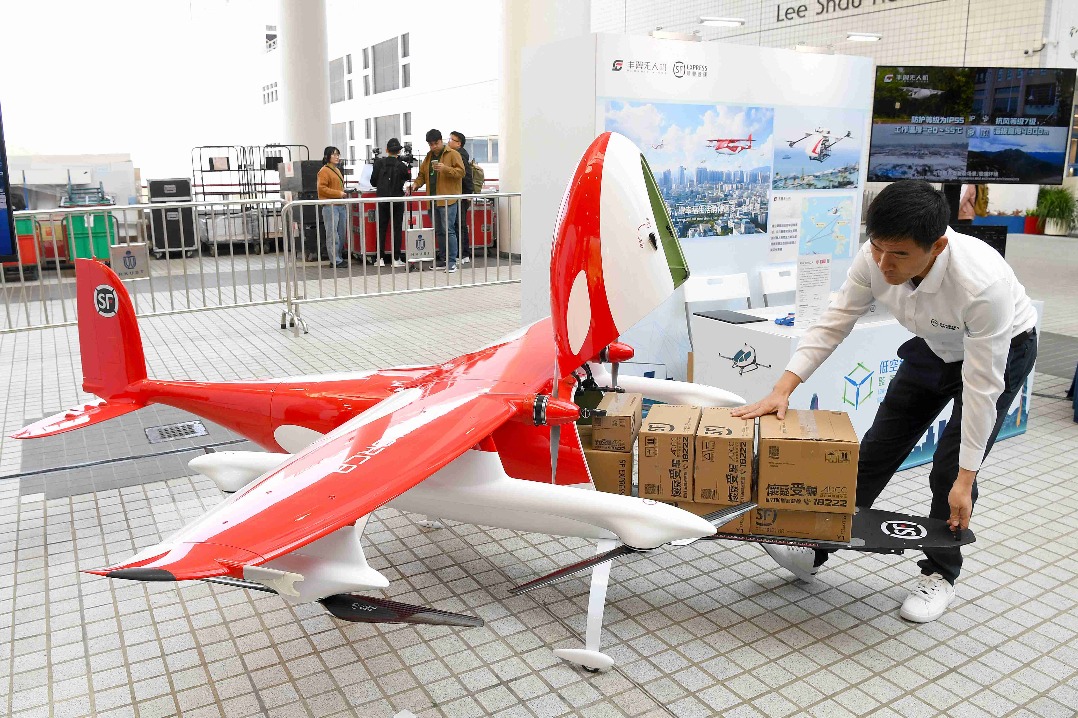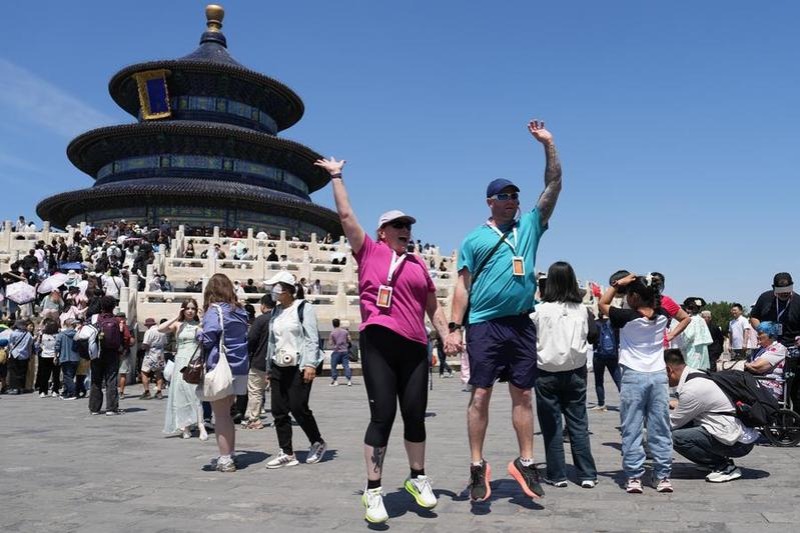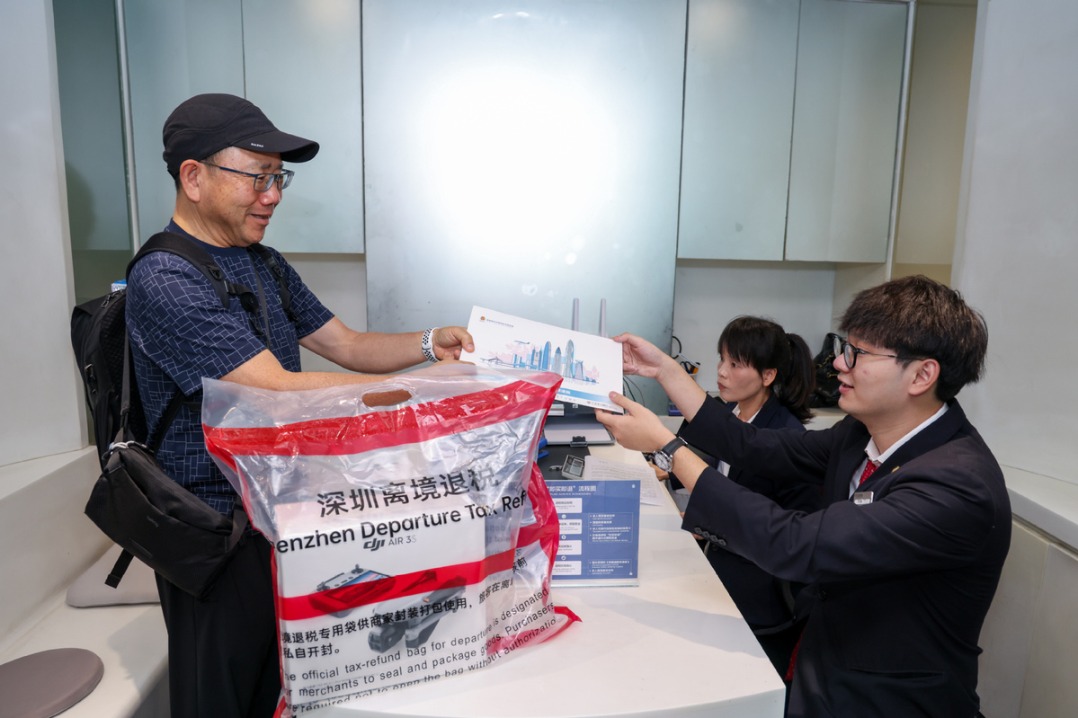AB InBev CEO pledges rapid 'greening' of company


AB InBev, the world's biggest brewer by production volume, pledged 100 percent of its power usage around the world will come from renewable sources and it will cut carbon emissions by 25 percent across its entire value chain by 2025, its global head said.
"No water, no beer – it's that simple. So sustainability is our business. It is not like something nice to have – it is our business," said Carlos Brito, CEO of AB InBev. He made the remarks at the ongoing New Economy Forum in Beijing.
He reiterated the company's alignment with the UN Sustainable Development Goals. To achieve such goals, AB InBev — the owner of over 500 beer brands includes Budweiser, Harbin beer, Corona and Stella Artois — has been using its large scale not only to focus on the sustainability of its own business, but also extend this principle to the whole value chain.
Eager to support UNSDGs and work across the value chain to decarbonize operations, Brito said the company will turn to renewables and be more energy-efficient, as well as invest in new technologies to support the wider supply chain in the next stage.
Moreover, AB InBev has also been leveraging its brand strengths and influences to inspire widespread action. All Budweiser plants will be brewed with 100 percent renewable electricity and have a renewable electricity symbol on their packaging by 2025.
With AB InBev's climate actions yielding obvious results, Brito noted: "In two years, from zero percent we will reach 50 percent."
According to the executive, the brewer's new moves will shift more than six terawatt-hours of electricity annually to renewable sources in markets where it operates, and help transform the energy industry in several countries.
Since first entering the China market, the brewer has made a combined investment of more than $3 billion and runs more than 30 large-scale breweries with more than 19,000 employees across the country.
Brito expressed his hope to better advance public-private partnerships for greater synergy in the future: "We are a global company. We need to sit down with governments and see how we can try to make this a better place."
Believing the private sector has a critical role to play, AB InBev has been actively responding to the Chinese government's reduction pledges, turning to practical solutions including renewable electricity and green logistics to cut carbon emissions.
In terms of renewable energies, the beer firm expects by the end of 2019 nine of AB InBev's breweries in China will have photovoltaic panels that cover a combined area of 410,000 square meters, equal to the size of 57 standard football pitches. This would represent a total installed capacity of 41 megawatts.
As to green logistics, the brewer has been optimizing its transportation system in China – it has partnered with Shenzhen-headquartered BYD Co, one of China's major electric vehicle makers, to use its electric trucks and plans to pilot this scheme in Hangzhou, Zhejiang province and Foshan, Guangdong province this year.




































